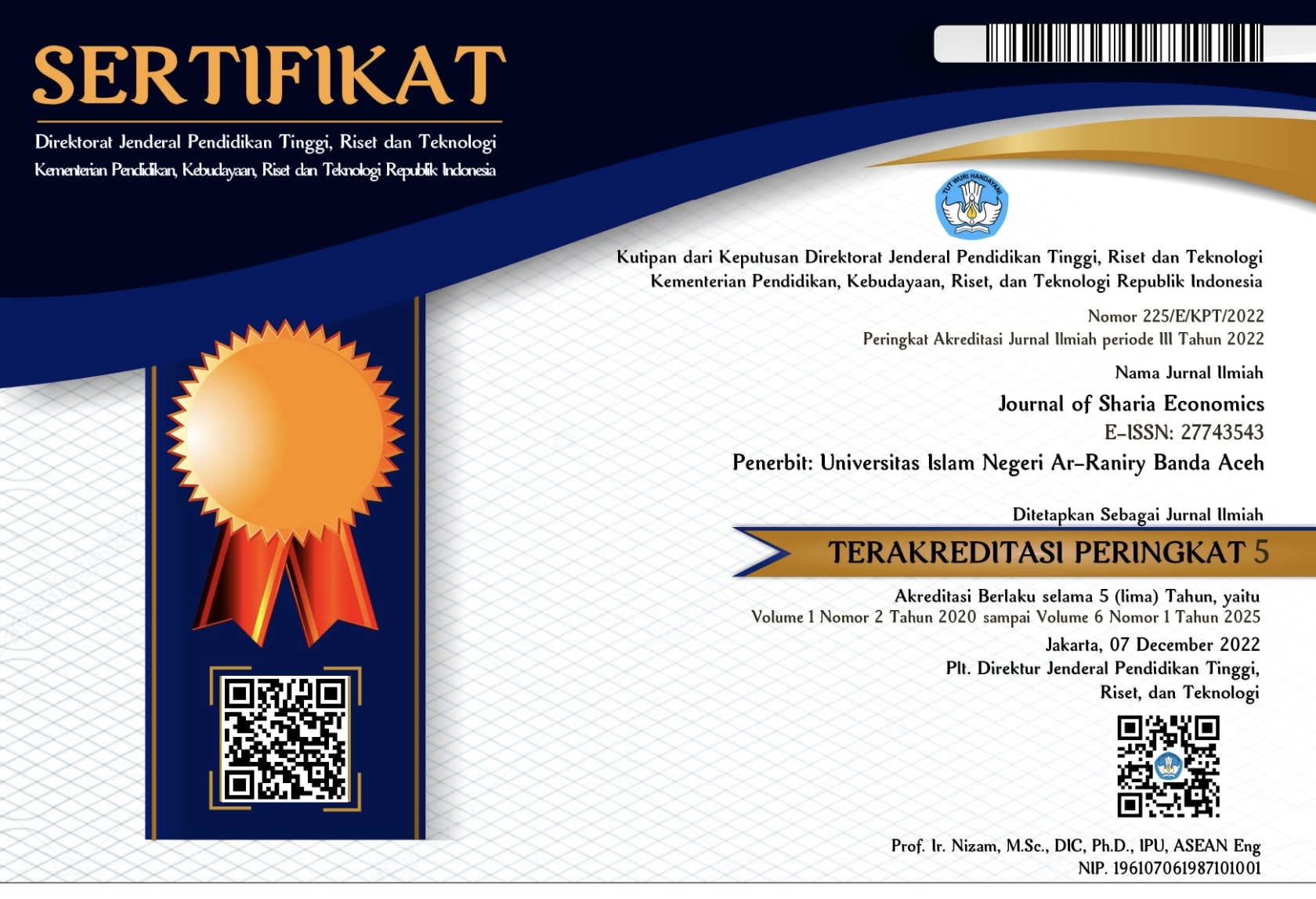PENERAPAN HUKUM WAKAF DI TURKI
DOI:
https://doi.org/10.22373/jose.v6i1.5356Keywords:
Waqf, Waqf Renewal, Waqf Implementation, TürkiyeAbstract
Waqf is a source of Islamic public finance which has a very important role in economic development. Turkey is an example of a country that is worth studying because the practice of waqf has been carried out very well and developed rapidly since the beginning of the Ottoman era. The practice of waqf in Turkey not only functions as a mechanism for providing social and religious services, but also as a very important instrument in economic development not only in a cultural context but also in the country. This is because the history of waqf in Turkey can be traced back to the Ottoman Empire, where many waqf assets were established for the survival of the people, such as the construction of places of worship, educational facilities, health facilities and several other public infrastructure. This article is a literature review using an empirical historical approach which is analyzed using content analysis techniques. The result of this article is that Turkey is proven to have an advanced management system as evidenced by the high number of waqfs during the early development of waqf law. Although the term waqf was changed in 1937 to Ta'sis and high taxes were imposed which caused a decline in the number of waqf donors in Turkey, but in 1978 the term waqf was returned with the issuance of several regulations related to waqf law in the Civil Law of Turkey. Waqf management in Turkey is currently carried out by the Directorate General of Waqf in collaboration with the Turkish Ministry of Culture and Tourism as well as being a supervisor if waqf is managed by a third party by referring to Article 26 of the 2008 law and Article 31.
Downloads
Published
Issue
Section
License
Copyright (c) 2025 Arief Muda Rianto

This work is licensed under a Creative Commons Attribution 4.0 International License.












